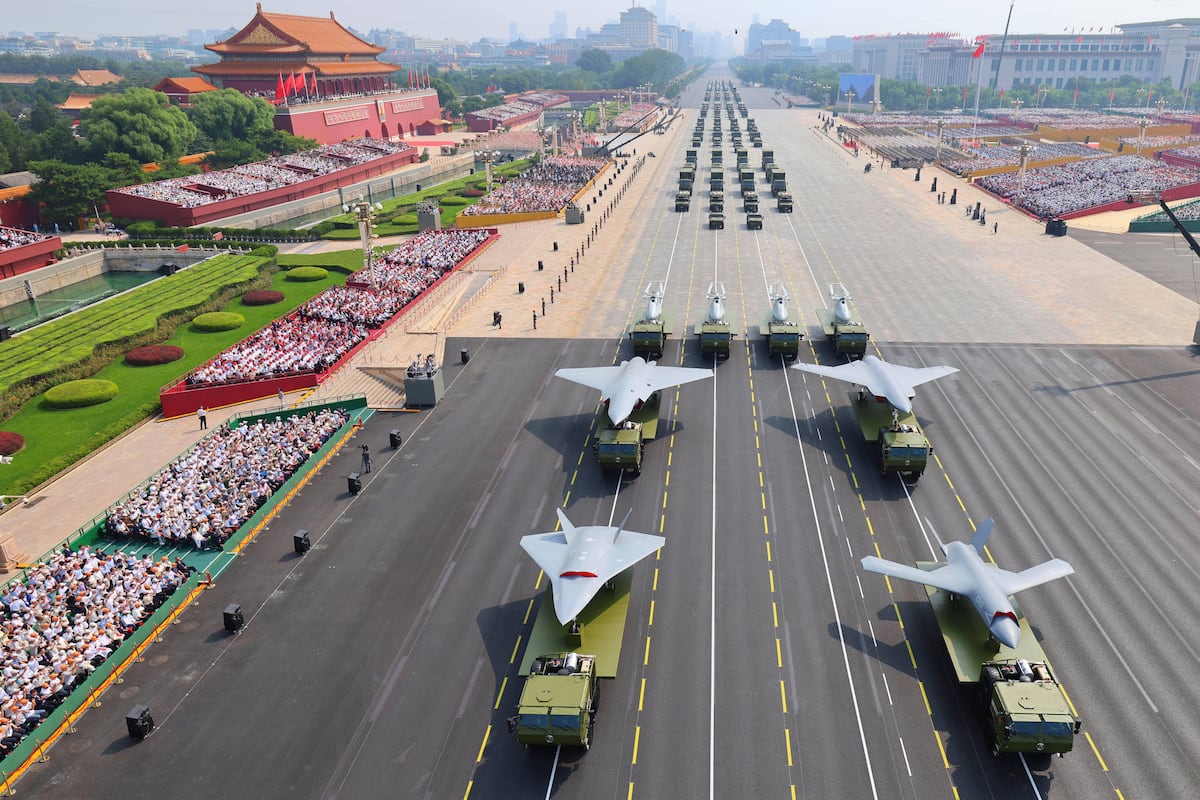Control Transitions in Southern Lebanon: The Evolving Military Landscape
In a significant shift in the military landscape of southern Lebanon, most Hezbollah sites have been placed under the control of the Lebanese army. This transition comes on the heels of a ceasefire agreement reached on November 27, 2024, which marked the end of a prolonged conflict between Hezbollah and Israel, including protracted hostilities that erupted into full-blown war just months prior.
Ceasefire Agreements and Military Adjustments
The ceasefire negotiations were pivotal, ensuring that only United Nations peacekeepers and the Lebanese army would be deployed in the southern region. This strategic arrangement aimed to ease tensions after years of conflict. It dictated that Hezbollah must dismantle its remaining military infrastructure in the south, pushing its fighters north of the Litani River—approximately 30 kilometers from the Israeli border.
According to a source familiar with the situation, Hezbollah has ceded around 190 out of 265 military positions identified south of the Litani to the Lebanese army. This significant concession illustrates Hezbollah’s compliance with the recent peace terms, though challenges remain. Despite the commitment to withdraw, Israel has retained troops in five strategic locations, citing security concerns.
Continuous Tensions: Israeli Military Actions
While Hezbollah has made adjustments, the ceasefire has not entirely quelled the violence. Israel continues to conduct military operations targeting what it identifies as Hezbollah infrastructure, indicating persistent hostilities despite diplomatic efforts. The Israeli government maintains that these operations are necessary to ensure security, particularly in light of the heightened tensions following the multi-faceted conflict involving Hamas that erupted in October 2023.
Political Voices: Calls for Disarmament
Amidst these shifts and ongoing tensions, Lebanese political figures have renewed calls for Hezbollah to disarm. President Joseph Aoun, during a recent speech commemorating the anniversary of Lebanon’s civil war, underscored the risks of armed factions outside the state’s control. He asserted that only through the state’s authority and armed forces can Lebanon ensure its protection—a sentiment echoed by various political leaders within the country.
The United States’ deputy special envoy for the Middle East, Morgan Ortagus, has also engaged in discussions with Lebanese officials regarding disarming Hezbollah. This dialogue aims to support the overarching goal of establishing stability in the region by addressing the presence of militias. Ortagus has underscored the urgency of these discussions, emphasizing the necessity of fulfilling the ceasefire terms extensively.
Historical Context: The Civil War’s Legacy
The backdrop of Lebanon’s complex historical narrative looms large as these recent developments unfold. The long shadows of the 1975-1990 civil war still influence the political dynamics of the country, where armed factions have historically held power. The persistent calls for disarmament reflect a broader struggle within Lebanon to reconcile its past with the present demands for national unity and state control. President Aoun’s statements resonate with a public weary of division and violence, stressing that a united Lebanon is achievable only through authoritative governance.
Regional Implications of the Conflicts
The implications of the recent conflicts extend beyond Lebanon’s borders. The struggles between Hezbollah and Israel have long been a source of regional instability. Following the October attacks by Hamas, Hezbollah’s involvement in cross-border skirmishes escalated expectations of open conflict, culminating in war last September. This broader conflict framework has the potential to impact regional politics significantly, as various actors observe the outcomes of ceasefire agreements and military repositionings.
The changing dynamics in southern Lebanon illustrate a complex interplay of military strategy, political maneuvering, and historical legacy. As the Lebanese army assumes greater responsibility for southern territories, the question of how Lebanon will navigate its future amidst external pressures and internal calls for reform remains paramount. The international community watches closely, mindful of the fragile peace that hangs in the balance.





